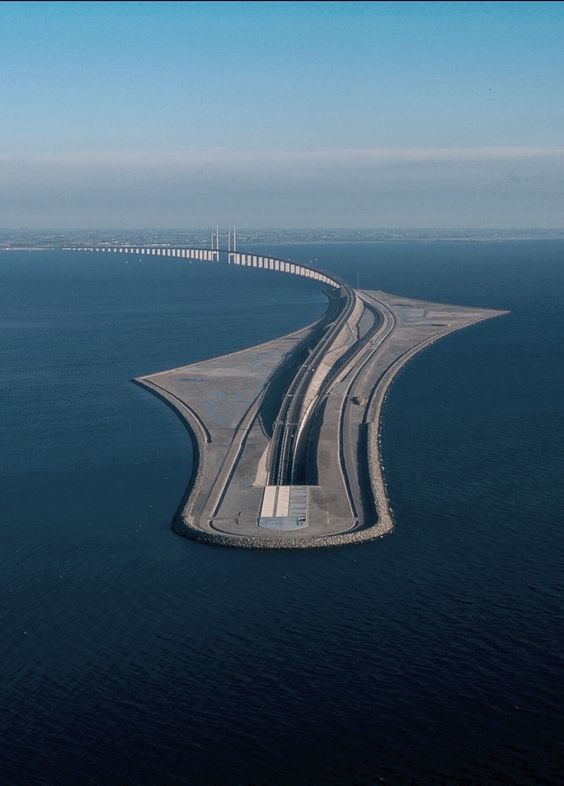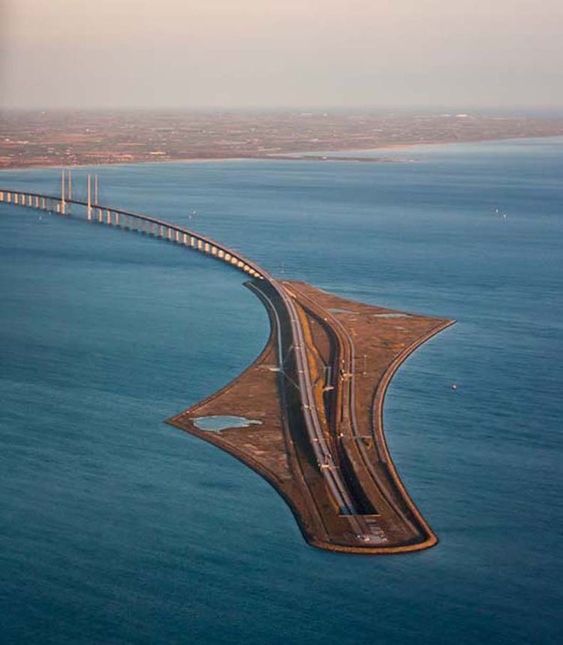Marine Expeditions: Unveiling the Enchanting Connection of Land and Sea
Sea routes, the intricate web of navigable waters, have played an integral role in shaping global interactions for centuries. These maritime highways have not only connected continents but have also served as conduits for trade, exploration, and cultural exchange, leaving an indelible mark on the development of human civilizations worldwide.
From the dawn of human history, sea routes have served as avenues for exploration and commerce. The Phoenicians, Greeks, and later, the Europeans embarked on audacious voyages, driven by the desire to uncover new lands, exploit valuable resources, and foster lucrative trade connections. These maritime exploits not only broadened our understanding of the world but also facilitated the exchange of goods, knowledge, and diverse cultural influences between distant civilizations.
One of the most historically significant sea routes is the Silk Road Maritime Route, also referred to as the Maritime Silk Road. This ancient trade network interconnected Asia, Africa, and Europe, facilitating the exchange of coveted commodities like silk, spices, precious metals, and more. The Maritime Silk Road played an indispensable role in spurring economic growth, cultural fusion, and technological advancements that reverberated across multiple regions.
Sea routes have also been pivotal in the colonization and expansion of empires. European powers like Spain, Portugal, the Netherlands, and Britain strategically established maritime trade routes to link their far-flung colonies and exploit valuable resources. The Age of Exploration bore witness to the opening of new sea routes, including Columbus’s voyage to the Americas and Vasco da Gama’s path to India, forever altering the course of human history.
In the contemporary era, sea routes continue to underpin global trade. Approximately 90% of the world’s goods are transported by sea, with colossal cargo vessels navigating established shipping lanes to ferry commodities to countless ports around the globe. These maritime routes function as the lifeblood of the global economy, connecting manufacturing centers with consumer markets and ensuring the seamless flow of goods on an unprecedented scale.
The strategic significance of sea routes cannot be overstated. Control over critical maritime chokepoints such as the Strait of Malacca, the Suez Canal, and the Panama Canal confers substantial geopolitical advantages upon nations. These essential sea routes facilitate the efficient movement of goods between regions, thereby safeguarding global economic stability.
In conclusion, sea routes have been the conduits of human progress, enabling trade, exploration, and cultural exchange across the ages. From ancient civilizations to modern nations, these maritime pathways continue to shape our world, demonstrating the enduring importance of the seas in our interconnected global landscape.
Hits: 832










